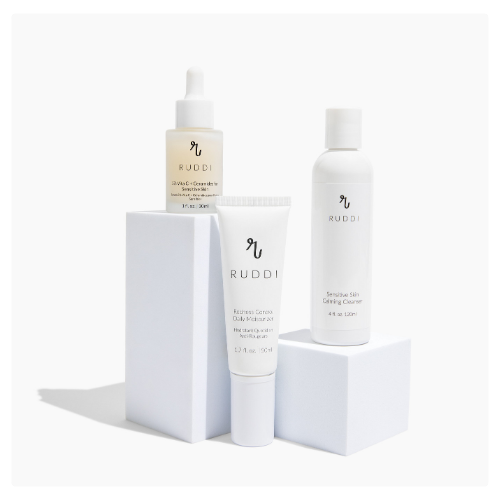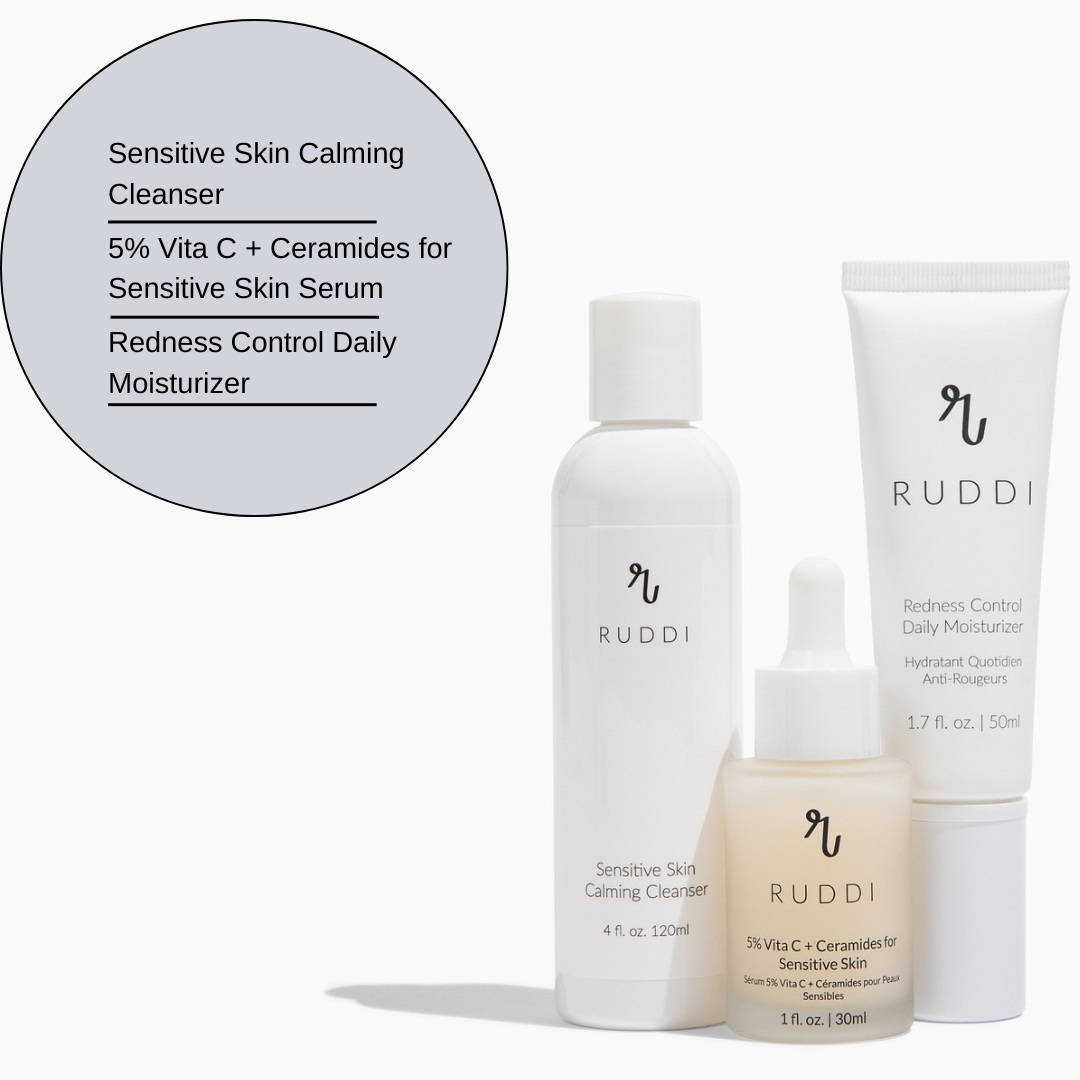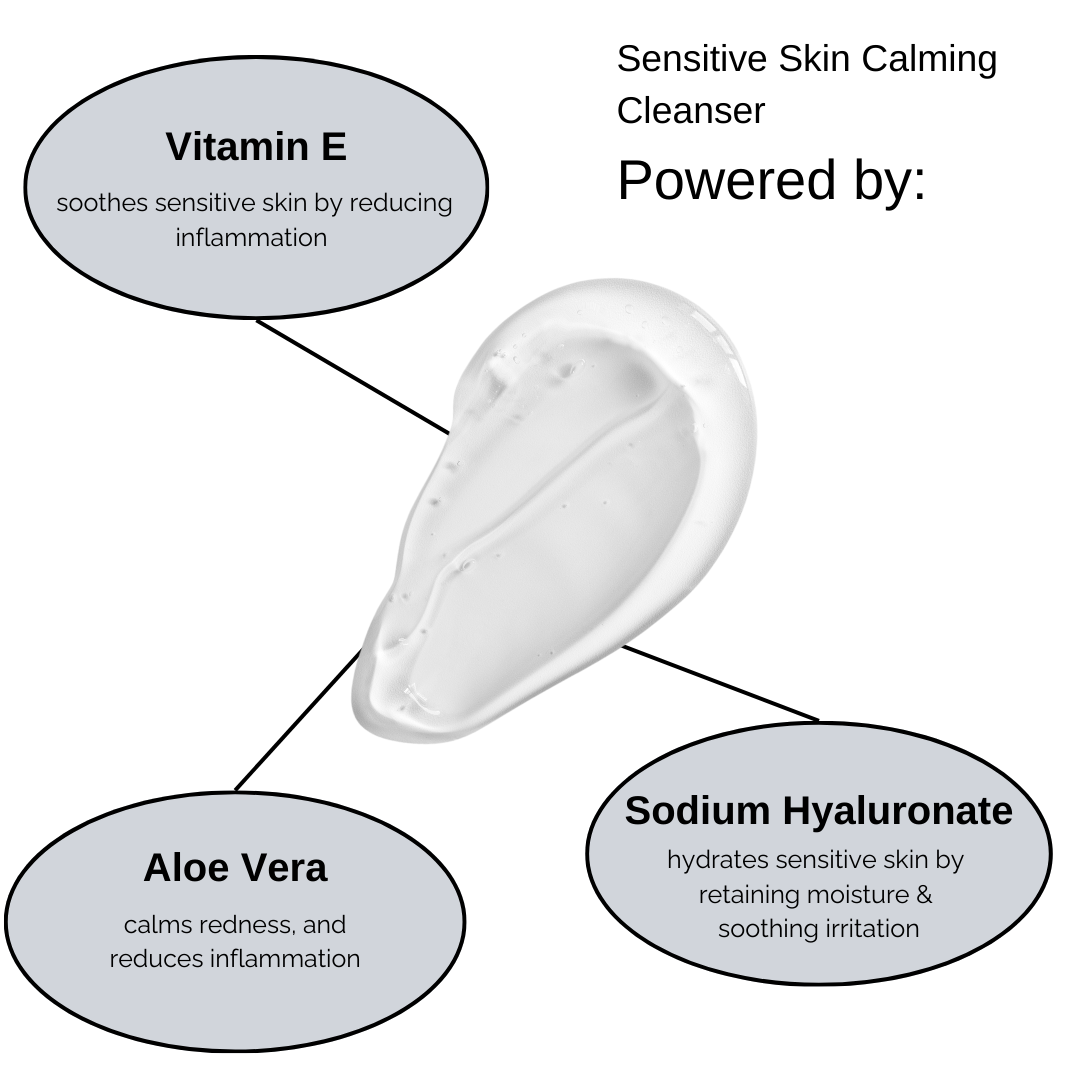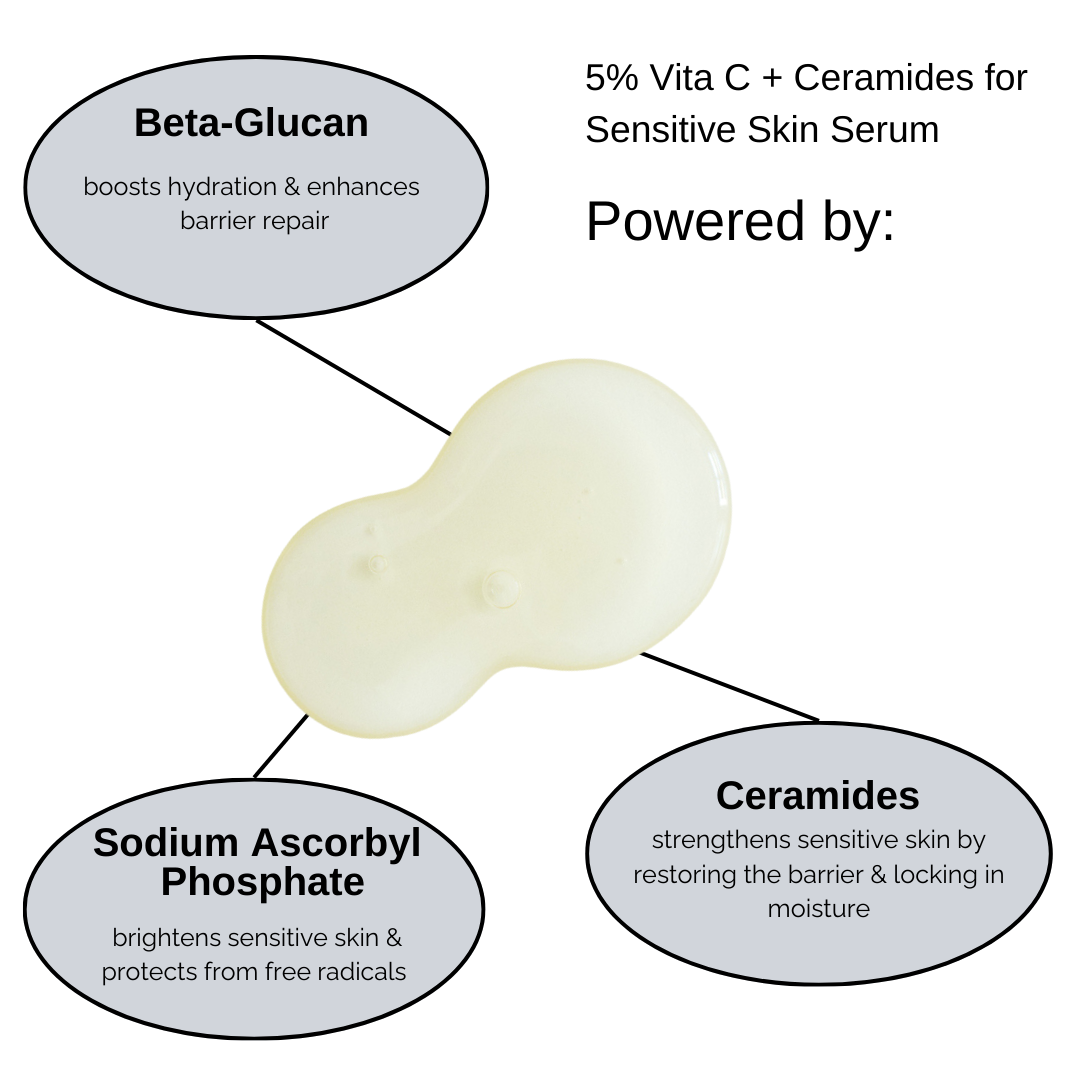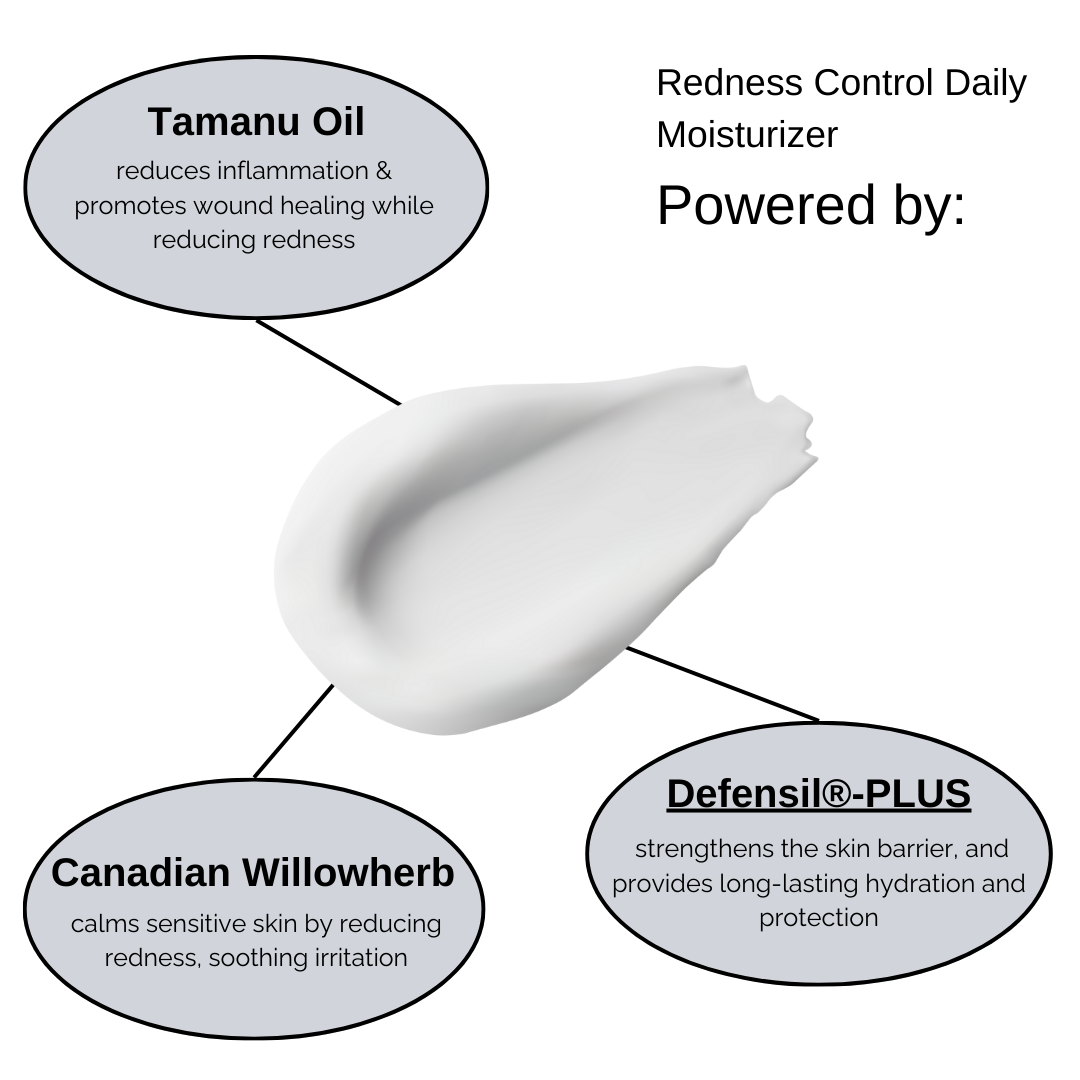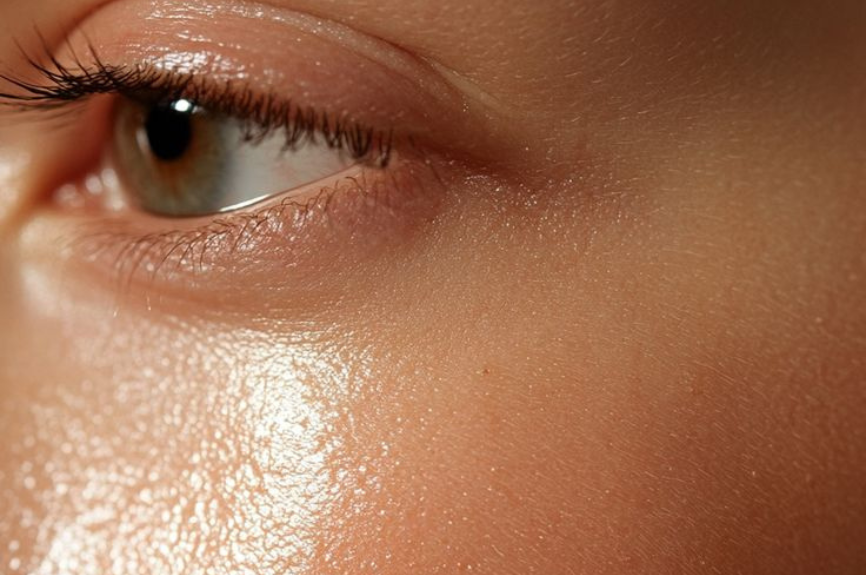
The Role of the Skin Barrier in Rosacea
The skin barrier functions as the body's first line of defense, preventing harmful substances from penetrating the skin and retaining moisture to keep the skin hydrated and resilient. In individuals with rosacea, this barrier is often impaired, making the skin more susceptible to irritants, allergens, and microorganisms. This increased permeability can trigger the skin's immune response, leading to the characteristic inflammation and redness associated with rosacea.
Demodex Mites and Their Impact on Rosacea
One of the microorganisms linked to rosacea is the Demodex mite, a microscopic organism that naturally resides on human skin. While these mites are typically harmless, an overpopulation can disrupt the skin's barrier function and contribute to rosacea flare-ups. Studies have shown that individuals with rosacea tend to have a higher density of Demodex mites compared to those without the condition. The presence of these mites can provoke an inflammatory response, further compromising the skin barrier and exacerbating rosacea symptoms.
How the skin barrier is damaged
A compromised skin barrier in rosacea can result from several factors that disrupt its integrity and function. Excessive or harsh cleansing practices can strip the skin of its natural oils, leading to increased dryness and vulnerability to irritants. Overuse of certain skincare products, particularly those containing alcohol or astringents, can further degrade the barrier, exacerbating sensitivity and inflammation. Environmental factors such as extreme temperatures, wind, and sun exposure can also weaken the skin's defenses. Additionally, underlying skin conditions like rosacea inherently compromise barrier function, making the skin more prone to damage and reactivity. Recognizing these contributing factors is essential for implementing strategies to protect and restore the skin barrier in individuals with rosacea.
Strategies to Strengthen and Protect the Skin Barrier
To manage rosacea effectively, it's essential to focus on reinforcing the skin barrier. Here are some strategies to consider:
-
Gentle Skincare Routine: Use mild, fragrance-free cleansers and moisturizers designed for sensitive skin. Avoid products containing alcohol, witch hazel, or other astringents that can strip the skin of its natural oils.
-
Sun Protection: Ultraviolet (UV) exposure can weaken the skin barrier and trigger rosacea flare-ups. Apply a broad-spectrum sunscreen with an SPF of 30 or higher daily, even on cloudy days.
-
Avoid Known Triggers: Identify and minimize exposure to personal rosacea triggers, such as spicy foods, hot beverages, alcohol, and extreme temperatures, which can further compromise the skin barrier.
-
Topical Treatments: Consult with a dermatologist about topical medications that can reduce inflammation and mite populations. Ingredients like azelaic acid and ivermectin have been shown to be effective in managing rosacea symptoms.
-
Maintain Eyelid Hygiene: For those experiencing ocular rosacea, regular cleaning of the eyelid area can help reduce Demodex mite populations and alleviate symptoms.
By understanding the connection between the skin barrier and rosacea, individuals can take proactive steps to strengthen their skin's defenses, reduce inflammation, and manage the condition more effectively.

